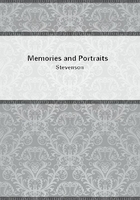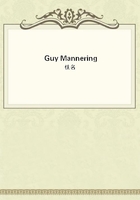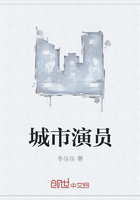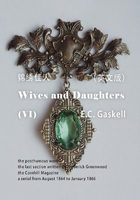That a Settlement is drawn into the labor issues of its city can seem remote to its purpose only to those who fail to realize that so far as the present industrial system thwarts our ethical demands, not only for social righteousness but for social order, a Settlement is committed to an effort to understand and, as far as possible, to alleviate it. That in this effort it should be drawn into fellowship with the local efforts of trades-unions is most obvious. This identity of aim apparently commits the Settlement in the public mind to all the faiths and works of actual trades-unions. Fellowship has so long implied similarity of creed that the fact that the Settlement often differs widely from the policy pursued by trades-unionists and clearly expresses that difference does not in the least change public opinion in regard to its identification. This is especially true in periods of industrial disturbance, although it is exactly at such moments that the trades-unionists themselves are suspicious of all but their "own kind." It is during the much longer periods between strikes that the Settlement's fellowship with trades-unions is most satisfactory in the agitation for labor legislation and similar undertakings. The first officers of the Chicago Woman's Trades Union League were residents of Settlements, although they can claim little share in the later record the League made in securing the passage of the Illinois Ten-Hour Law for Women and in its many other fine undertakings.
Nevertheless the reaction of strikes upon Chicago Settlements affords an interesting study in social psychology. For whether Hull-House is in any wise identified with the strike or not, makes no difference. When "Labor" is in disgrace we are always regarded as belonging to it and share the opprobrium. In the public excitement following the Pullman strike Hull-House lost many friends; later the teamsters' strike caused another such defection, although my office in both cases had been solely that of a duly appointed arbitrator.
There is, however, a certain comfort in the assumption I have often encountered that wherever one's judgment might place the justice of a given situation, it is understood that one's sympathy is not alienated by wrongdoing, and that through this sympathy one is still subject to vicarious suffering. I recall an incident during a turbulent Chicago strike which brought me much comfort. On the morning of the day of a luncheon to which I had accepted an invitation, the waitress, whom I did not know, said to my prospective hostess that she was sure I could not come. Upon being asked for her reason she replied that she had seen in the morning paper that the strikers had killed a "scab" and she was sure that I would feel quite too badly about such a thing to be able to keep a social engagement. In spite of the confused issues, she evidently realized my despair over the violence in a strike quite as definitely as if she had been told about it. Perhaps that sort of suffering and the attempt to interpret opposing forces to each other will long remain a function of the Settlement, unsatisfactory and difficult as the role often becomes.
There has gradually developed between the various Settlements of Chicago a warm fellowship founded upon a like-mindedness resulting from similar experiences, quite as identity of interest and endeavor develop an enduring relation between the residents of the same Settlement. This sense of comradeship is never stronger than during the hardships and perplexities of a strike of unskilled workers revolting against the conditions which drag them even below the level of their European life. At such time the residents in various Settlements are driven to a standard of life argument running somewhat in this wise--that as the very existence of the State depends upon the character of its citizens, therefore if certain industrial conditions are forcing the workers below the standard of decency, it becomes possible to deduce the right of State regulation. Even as late as the stockyard strike this line of argument was denounced as "socialism" although it has since been confirmed as wise statesmanship by a decision of the Supreme Court of the United States which was apparently secured through the masterly argument of the Brandeis brief in the Oregon ten-hour case.
In such wise the residents of an industrial neighborhood gradually comprehend the close connection of their own difficulties with national and even international movements. The residents in the Chicago Settlements became pioneer members in the American branch of the International League for Labor Legislation, because their neighborhood experiences had made them only too conscious of the dire need for protective legislation.
In such a league, with its ardent members in every industrial nation of Europe, with its encouraging reports of the abolition of all night work for women in six European nations, with its careful observations on the results of employer's liability legislation and protection of machinery, one becomes identified with a movement of world-wide significance and manifold manifestation.


